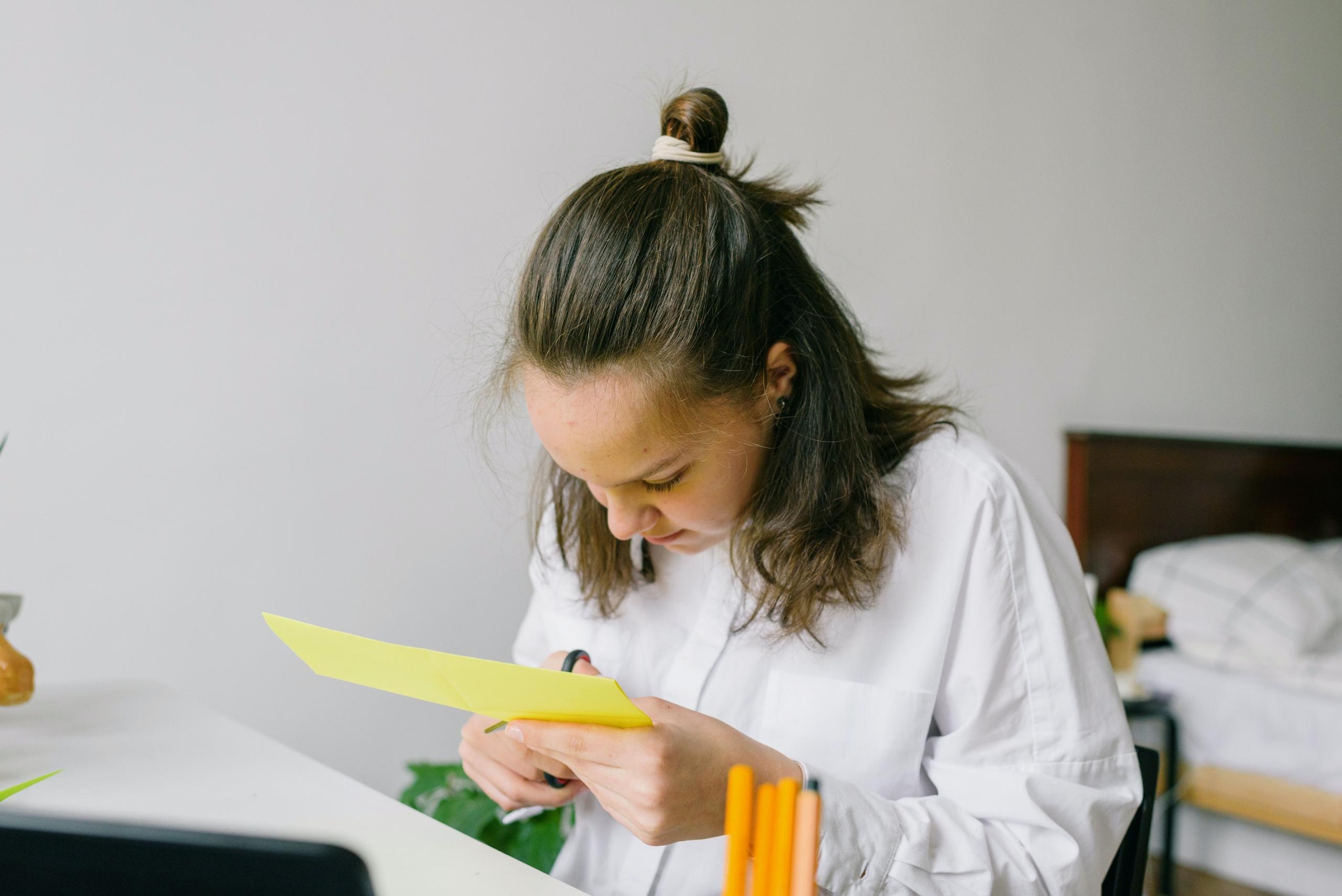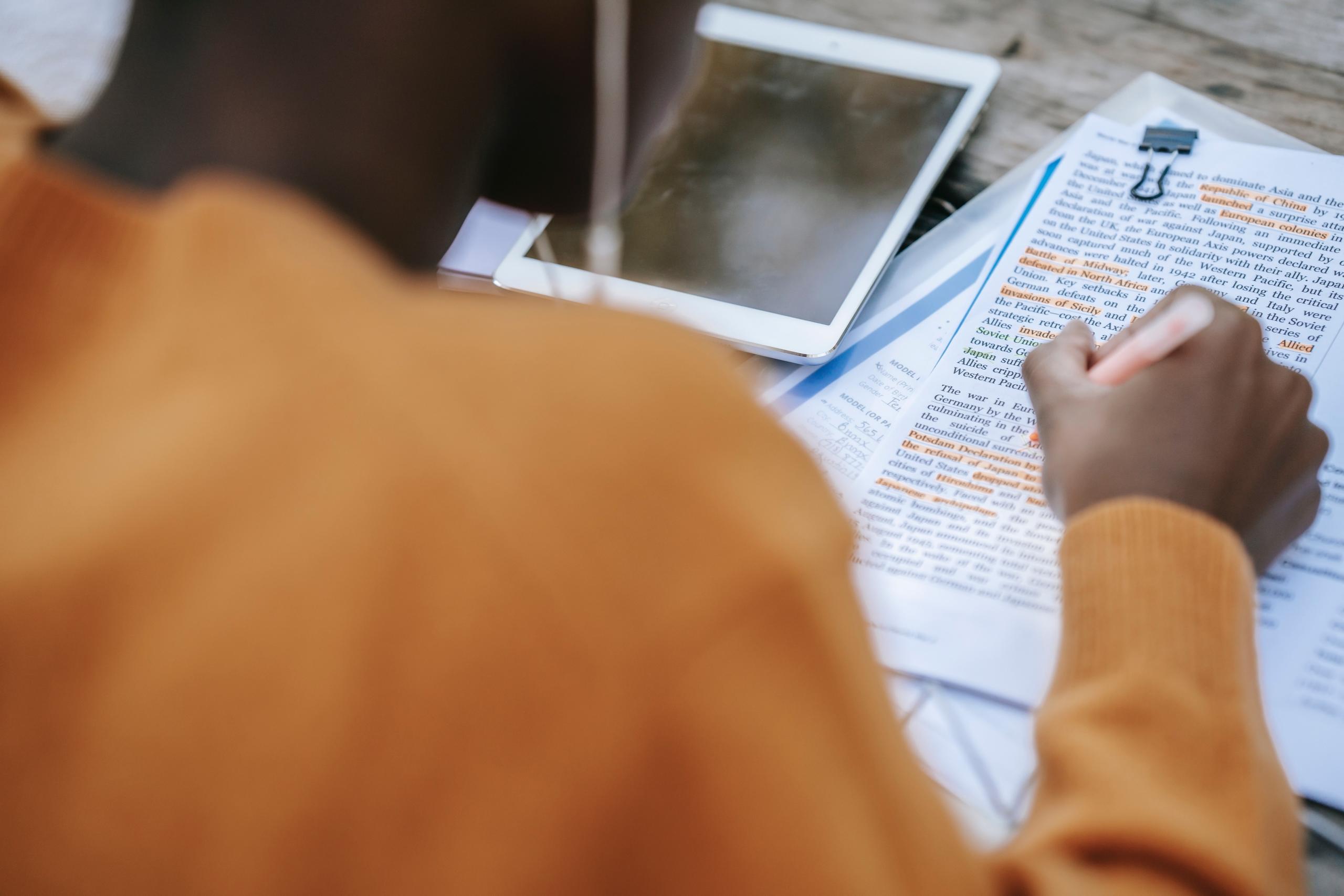“The more often you share what you’ve learned, the stronger that information will become in your memory” – Steve Brunkhorst
What was that? The exam is tomorrow? Oh no! I don’t recall receiving any notification!
Forgetting important things and the general sense of being forgetful doesn’t mean that you are demented or have Alzheimer’s disease. In truth, young people, nowadays, appear to be far more forgetful than older folks.
Nevertheless, it can be quite distressing to forget an important fact that you spent some time studying or have something on the tip of your tongue and not being able to get it out. Yes, that can be pretty disconcerting.
Having a poor memory or forgetting things is terribly upsetting for students, who have to remember stacks of class notes, theories, formulae and significant dates to successfully negotiate their exams.
What is the best way to study and memorize when preparing for exams?
Today’s article is where you’ll find answers to why students forget so much subject material and which memorizing tips for studying will make you enter the exam locale brimming with confidence!

Students Forget Important Facts – Why?
We all forget things. Right?
Everyone has forgotten a doctor’s appointment or to purchase something at the supermarket. This is unbelievably common! As long as what has been forgotten is not life-threatening, don’t lose any sleep over it.
There are, however, some facts that we desperately would give our right arm to remember. Such as topics at school that have the potential to influence our future in an untold number of ways.
It is important to note that many a high school learner is not fully aware of the impact a particular subject or two can have on their futures! Take our word for it, every subject included in your high school curriculum, is there for an important reason, and is there to make you a well-rounded, informed human being!
What then is the reason for us forgetting essential academic concepts? Below follows a list of reasons for some of the best students having memory lapses:
- Intellectual Overload: Do you have the TV or radio on while you’re studying or is your study space in a high-traffic zone of your home? Not good! That is going to have to change! Your mind will have great difficulty trying to make sense of the information that you’re trying to understand and remember, because there are too many distractions competing for its attention! Make things easy on yourself by relocating to a quieter portion of your home or rather study when there is virtually no movement, especially when there is no secluded private spot for you to study in. This may be late at night or early in the morning, depending on how your can adjust your schedule and whether you’re a night-owl or an early bird.

- Positive outlook: Ever heard of the concept, the self-fulfilling prophecy? Henry Ford once commented: “Whether you think you can, or think you can’t, you’re right.” This underscores the fact that thinking positively can only benefit you. For you to memorize volumes of notes, math theorems and formulae, you have to approach your work with a positive mindset which will, in itself, spur you on to greater heights! We kid you not! Do it and silence that nagging, little negative voice which always says you’re not good enough!
- Under-utilisation: have you ever heard people say, “Use it or lose it”? New information must be reviewed several times before an examination. Discussing it with classmates is also very helpful. It is actually very common for people to forget something they have just seen or heard almost immediately. Even some of the most brilliant individuals discard information that they consider to be unimportant. For the serious student it is important to make every study session memorable! The best way to study and memorize your work, is to construct study notes immediately after you’ve encountered the information for the first time. This involves creating study notes every day and even pinning them about your room or study, so that you can review them whenever you wish to, every day if necessary. The regular review will contribute tremendously to your success, come exam season!
So, there, in a nutshell, are the reasons why even some intelligent folks forget information they would dearly love holding onto. You just can’t blame them! The fact is that our minds are constantly assailed by a raft of technological gadgets, which makes it difficult for the mind to correctly ‘file’ away the important facts you are trying to study, make sense of and retrieve.
Don’t sweat –there are great ways to bolster your ability to process, store and retrieve new information! Let’s have a look.
Tricks and Tips to Sharpen Your Memory Skills
Is cramming for exams getting tough?
Do you sometimes feel that your little brain is about to explode? Do you think that some of the concepts are too complex for you to cope with?
Many others have been in the same boat! Millions around the world would admit that they sometimes struggle with difficult concepts or are just plain forgetful!
So, instead of depending on less than spectacular study habits, such as studying through the night for an imminent exam, let us expose you to some great techniques that will improve your skills of recall and greatly enhance your chances of, not only, passing that exam, but acing it! Let’s get into it!
Talk About Your Studies
“Here’s a basic memory rule: You can remember any new piece of information if it is associated to something you already know or remember.” - Harry Lorayne
An amazing fact is that the more you connect information with things or places you know, the better you will remember it. Also, the more you speak about your learnings, the more ingrained on your memory it becomes.
So, instead of keeping your new-found knowledge locked away in your textbooks or in your head, share it with friends, family, acquaintances and peers – just anyone who will listen.
Have no doubt, even your parents would to love hear you waxing lyrical about the latest learnings you have just been exposed to, especially since they will recognise that those school or varsity fees are being been well-spent!
You are obviously not going to bore them with the details of every class you’ve attended, but you will attempt to bring across the most salient points and put into words really difficult concepts. This activity will indicate to you just how well you understand the concepts or if you need to review them at least one more time.
If you run out of listeners, record yourself or speak out loud so that you can hear how coherently you can explain a particular topic. Just be careful to not do this in such a way that anybody considers you to have lost all your marbles!
Make Cute Illustrations

There are a number of great memory techniques for studying. Associating images and names on pieces of paper or on flashcards is an ideal way to jog the memory. How is this helpful? Below are a few ways in which you will benefit from the name-image technique:
- Great for visual and artistically-inclined learners,
- An amazing exercise that impacts on studying positively – by making it a bit more fun,
- A cool way to remember someone’s name by noting and recalling a particular physical feature.
Importantly, your depictions do not have to fantastic; not all of us are Picasso! Your attempts at creating helpful images will already be a step towards better understanding the learning material and creating meaningful connections! Image-name correlations can be great in a range of subjects from history to psychology, as well as a number of sciences! But how does it actually work?
The image-name association technique works very well when, for example, you try to remember someone’s name. You associate the person’s name to one or another physical characteristic of the individual. As an example, to remember the name George Marx, you could reason that Marx sounds very much like marks, as in X marks the spot. This is helpful since George has a mole, which could help you remember that X (the mole) marks the spot on George’s face, which will lead you back to the name George Marx. You could then create a flashcard by drawing the face of an older man with a mole on his face.
Easy, right?
Give the Loci Method a Try
What is the Loci method? This method makes use of locations that are familiar to the student, such as their home, study desk or the varsity library.
What works, for many a student, is to link a string of facts that you have to memorize to a nice, comfortable spot that you like.
Many students visualise locations around their home, such as drawers, cupboards or bags and associate items of information with each of them. To get a better sense of this method, let’s assume that you need to memorize several sub-disciplines. You could then, mentally, place the periodic table in your refrigerator, chemical formulae in racks in your cupboard and measurements and units in your desk drawer.
Research the Loci method online and you’ll soon find that it is one of best memory techniques for studying.
Today, we have brought to your attention a handful of great memorizing tips for studying. Use the time you might have spent aimlessly browsing on your phone to explore some of the other great tips available on the world-wide web. Students, arise! Go on, make yourself proud!
Summarise with AI











